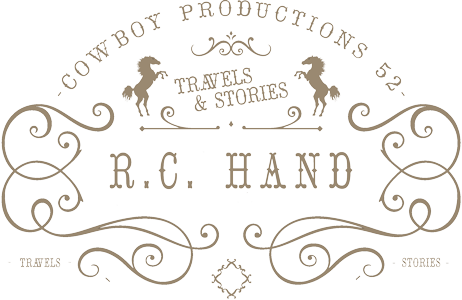Legend says that Khiva is where Noah’s son, Shem, found water in the desert.
Archeologists have found evidence of human habitation here as far back as the 5th century B.C.
It was a fortress town and a stop on the Silk Road.
In the 16th century it became the capital of the Khorezm Khnate. The Khanate ruled the area and sold slaves along with other merchandise her for hundreds of years.
It is a walled city with mosques, madrasas and street vending. The minarets here are the most beautiful that we have seen so far. They are not the tallest, but they are very beautiful with bands of blue and green tile wrapped around them.
The city has three ceramic schools here to keep the art alive.
The mausoleum of Pakhlavan Makmud was built in 1810. He, the town’s patron, was a wrestler and poet. An odd combination seemingly. The turquoise Dome of the mausoleum has become the symbol of Khiva.
The Juma Mosque is built partially below ground. You take several steps down into the shade as you enter it. There are 213 wooden columns holding up the flat roof. Each of them is unique and carved extensively. Some of them remain from the tenth century. It is the only mosque without a dome I think.
The Tash-Haule Palace was the home of the reigning Khan and his four wives. His concubine was located in a building across the courtyard from his wives quarters.
It is Also known as “The Stone House.” The Kunya Ark was his originall house and was partially destroyed in the 18th century by the Persian Invasion.
The ancient Khiva well made life here possible.
A note her about slavery. Many, if not all cultures have used and captured slaves. The Arabs and the Africans worked together and created the slave trade as we know it in Africa.
The American Indians took slaves in battle as well. There were slaves in Europe. Where do you think the word Slav came from? The world is full of sad tales of slavery and heroic tales of escape.
This is our history and we will just have to live with it. Humans are not perfect. Try to remember the times in which these people lived and that they were not like us. They had the customs and practices of the day to give them their moral ideals on how to behave.
To judge all those people by our current understanding of humanity and human worth is ridiculous. They were surrounded by a way of life and that was all they knew. In a hundred years we will judged by what we now know and do, hopefully, not by lessons still to be learned in the distant future.
Perhaps we will be vilified for driving gas powered automobiles, using coal for electricity, killing birds with windmills and the amplified heat of the sun. Oh, I forgot, we already are. The perfect future hasn’t happened yet.
Some people will always wish for perfect solutions for problems that surround them long before the solutions have been invented. There are many solutions on the horizon for many of our problems. Ask these “know it alls” about them. Do they even look at what science is doing in this regard or do they just complain? No matter what is accomplished, many will complain. That is just who they are.
